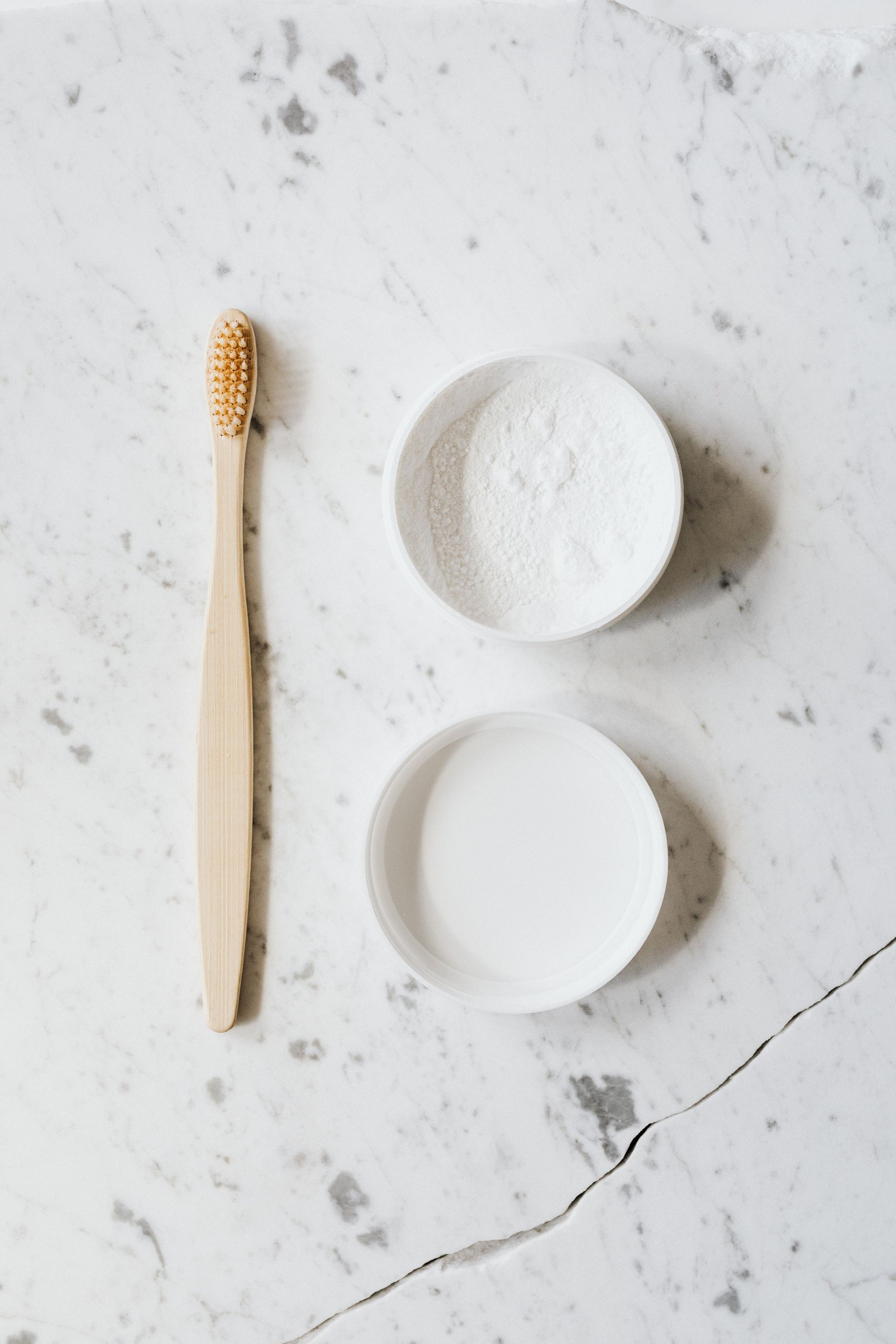Looking for a toothpaste alternative? Tooth powder is an excellent alternative that has been around for centuries.
Tooth powder, also known as dentifrice powder, is a dry substance that comes in various mixtures of natural ingredients like baking soda, charcoal, essential oils, and clay. This fine-grained powder is used to cleanse the teeth and gums thoroughly.
What is Tooth Powder?
Tooth powder is a dry substance made up of natural ingredients that are used to clean teeth and gums. Unlike traditional toothpaste that comes in tubes or pumps, tooth powder does not contain any liquid additives like glycerin or fluoride.
Instead, it's made from natural substances such as essential oils, baking soda, charcoal, and herbs.
Tooth powder has been around since ancient times when people would use twigs or chew on herbs to clean their teeth. The first commercially available tooth powder was patented in 1850 by Dr. Washington Wentworth Sheffield who combined bicarbonate with soap to create a product called Creme Dentifrice.
In the early 1900s, toothpaste replaced tooth powders as the most popular oral hygiene product on the market due to its smoother texture and sweeter taste.
However, with the recent trend towards using natural products in personal care routines and concerns over chemicals found in traditional toothpaste formulas like fluoride or SLS (Sodium Lauryl Sulfate) have encouraged some people to switch back to using tooth powders.
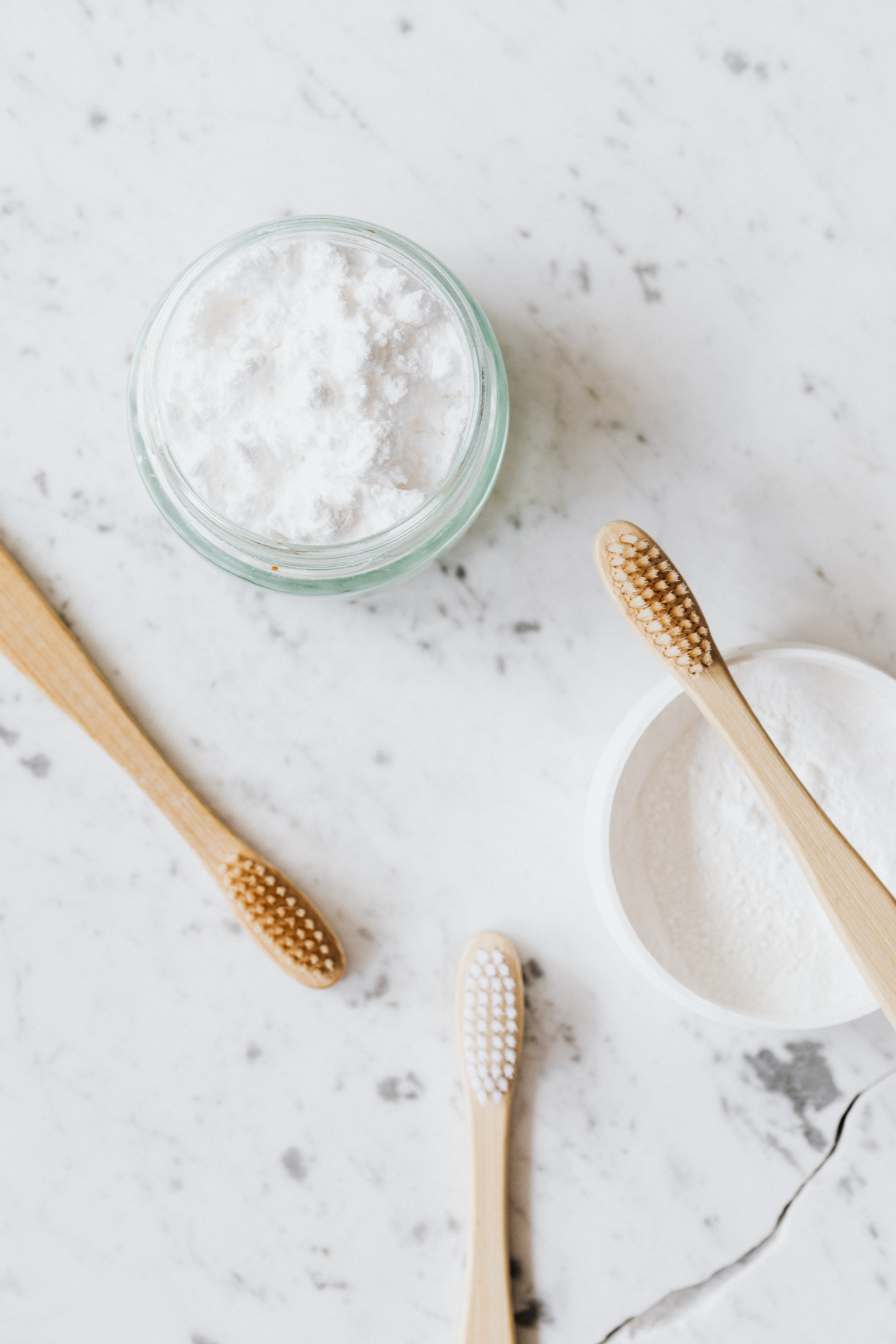
Importance of Using Tooth Powder:
Using high-quality dental products or toothpaste has never been more crucial than now when we are exposed to so many toxins daily. Regular oral hygiene practices are essential for keeping our mouth healthy and maintaining overall well-being. Historically speaking, people have used natural ingredients for cleaning their teeth because they had no other options.
Today, we have a variety of options to choose from. However, tooth powder is still an excellent choice, especially for those who are looking to feel good with natural alternatives.
Natural tooth powder is good for those who want to keep their teeth clean without harsh chemicals or preservatives. It also whitens teeth, freshens breath, prevents dental plaque, and prevents tooth decay without causing sensitivity like some traditional toothpaste formulas.
Natural Ingredients:
Tooth powders are often made with natural ingredients that offer a range of benefits for oral health. One popular ingredient is charcoal, which is known for its ability to detoxify and whiten teeth with daily use.
Charcoal works by binding to toxins and stains on the teeth, lifting them away when you rinse. Bentonite clay is another natural ingredient that can help improve oral health by absorbing toxins and impurities.
It can also help re-mineralize the teeth, providing important minerals like calcium and magnesium. Baking soda is a common ingredient in many toothpastes as well as tooth powders because of its ability to neutralize acids in the mouth and kill bacteria that cause bad breath.
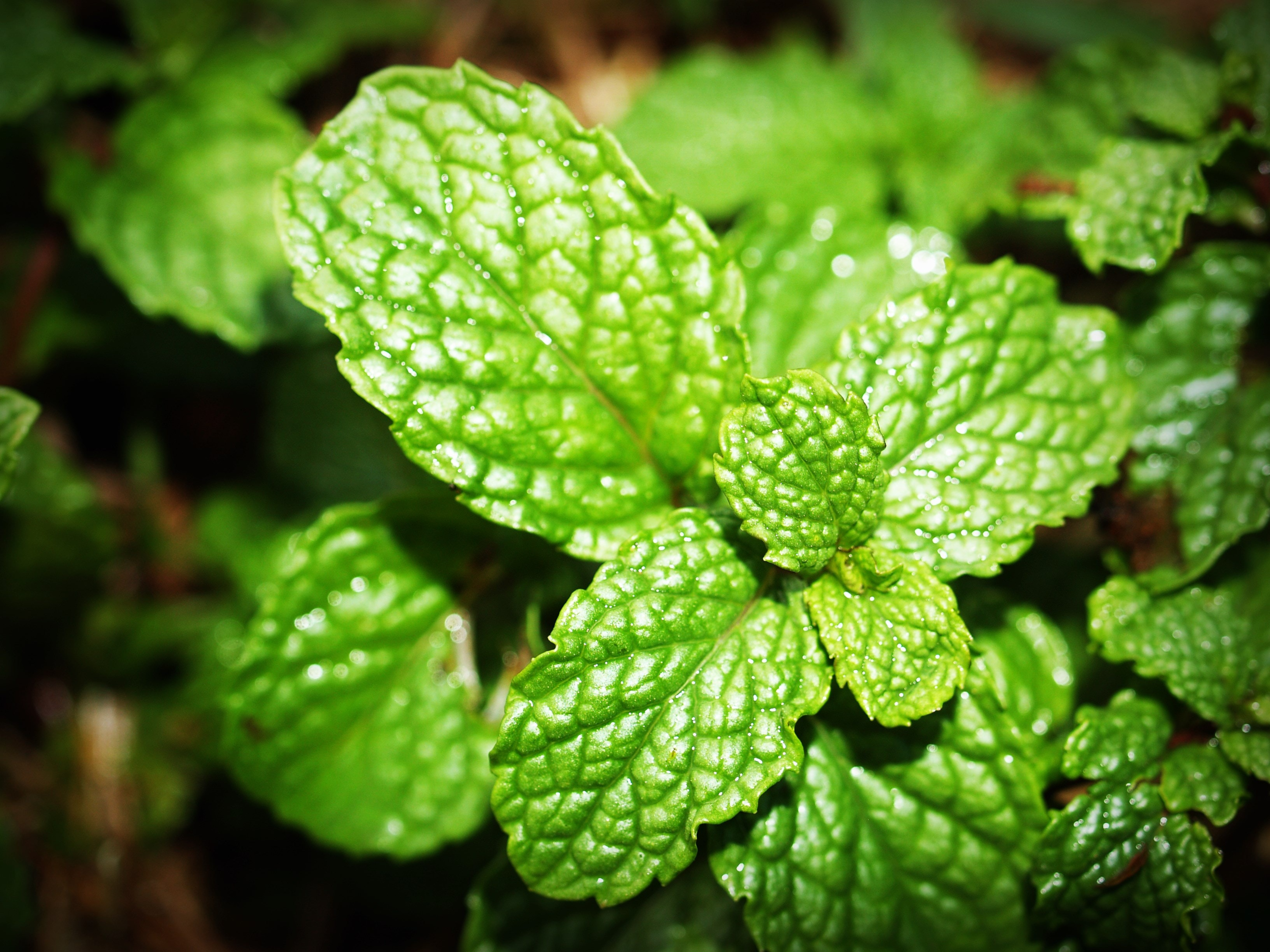
It's also mildly abrasive, which can help remove surface stains from the teeth without damaging enamel. Essential oils are another popular choice for tooth powders because they have antibacterial properties and can freshen breath naturally while having a good flavor.
Natural ingredients that can be mild are great for people that have tooth sensitivity and can't handle abrasive chemicals found in some fluoride toothpaste.
Benefits:
Whitening Teeth:
One of the main benefits of using tooth powder is its ability to brighten teeth naturally. Charcoal and baking soda are both effective at removing surface stains from the teeth without damaging enamel or causing sensitivity. Bentonite clay helps re-mineralize the teeth, making them stronger and more resistant to future staining.
Pro Tip:
To get the most out of your tooth powder for whitening purposes, try using it with an electric toothbrush or a manual brush with soft bristles - both will give you better results than a hard-bristled brush.
Freshening Breath:
Many people struggle with bad breath despite regular brushing and flossing, but using a tooth powder can help freshen breath naturally. Baking soda and essential oils are both effective at killing bacteria that cause bad breath, while charcoal has deodorizing properties that can eliminate odors in the mouth.
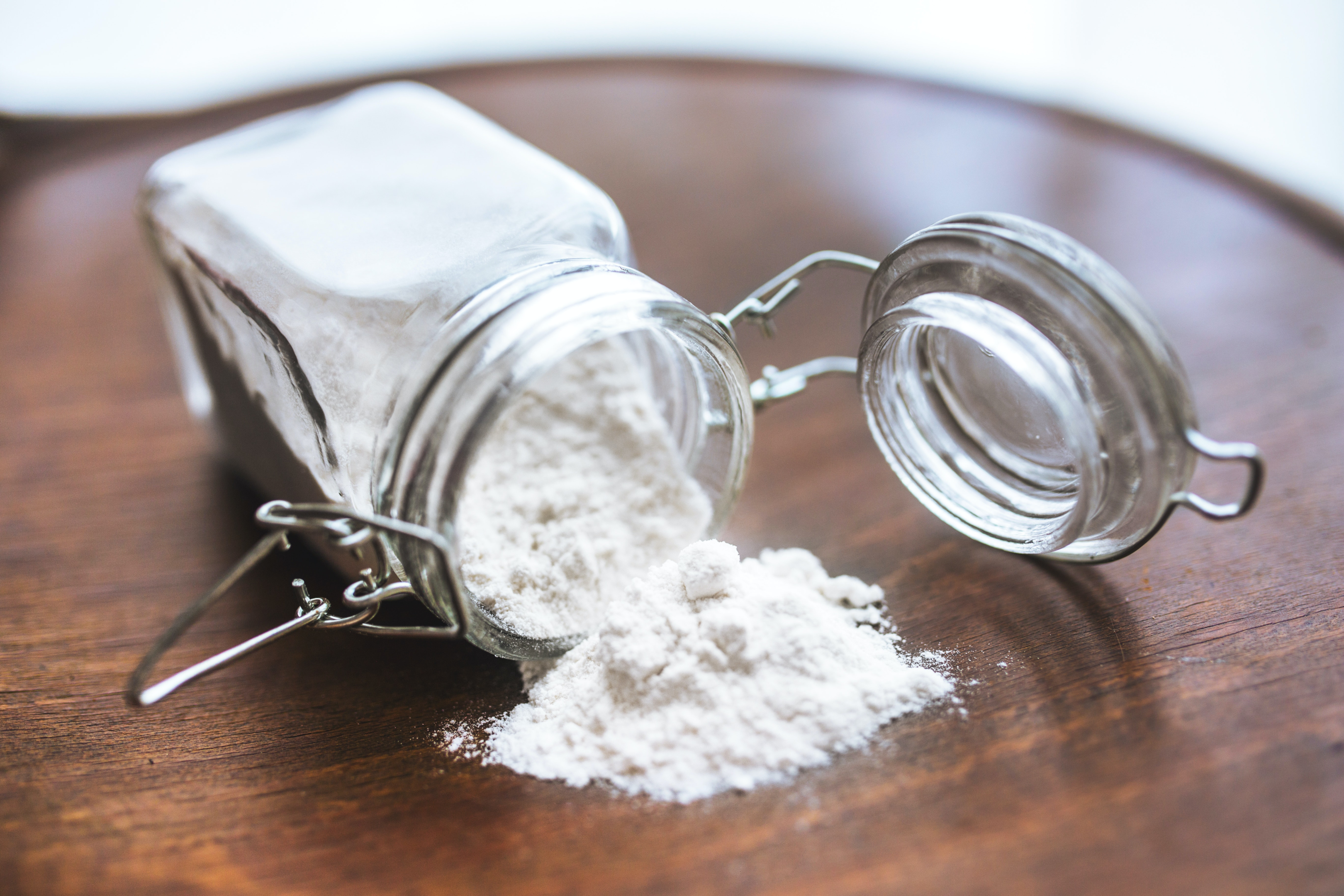
Pro Tip:
One way to maximize the freshening power of your tooth powder is to use it in conjunction with a tongue scraper. The tongue harbors bacteria that can cause bad breath, so gently scraping the surface of the tongue can help remove these bacteria and leave your mouth feeling cleaner and fresher.
How to Use Tooth Powder?
Using tooth powder is an easy and effective way to promote healthy teeth and gums. Here are the steps on how to use tooth powder properly:
Wet Your Toothbrush with Water:
The first step is to wet your toothbrush with water. It's important to note that you should not use too much water, as this can dilute the effectiveness of the tooth powder. A pea-sized amount of water is all that's needed.
Dip the Bristles into the Tooth Powder:
Next, dip the bristles of your wet toothbrush into the tooth powder. Again, a pea-sized amount of powder is all that's needed for each brushing. Make sure that the bristles are fully coated with the powder before moving onto the next step.
Brush Your Teeth for Two Minutes:
Now it's time to brush your teeth for two minutes. Start by brushing each quadrant of your mouth for 30 seconds each, making sure to brush all surfaces of your teeth including front, back, and chewing surfaces. Using gentle circular motions will help ensure even coverage and prevent gum irritation.
You may notice that there isn't a lot of foam or lather produced when using tooth powder, but this doesn't mean it isn't working! The natural ingredients in tooth powders work to gently scrub away plaque and promote optimal oral health without harsh chemicals or artificial flavors.
Rinse Your Mouth with Water:
The final step is to rinse your mouth thoroughly with water. Swish around some fresh water in your mouth several times while spitting out after every swish until you’ve rinsed away all traces of toothpowder from between teeth.
Remember to use tooth powder twice a day, every day, to keep your teeth and gums healthy and bright. With regular use, you'll notice a difference in the way your teeth look and feel.
Types of Tooth Powders:
Tooth powders come in a variety of formulations and types, each with its own unique set of benefits and drawbacks. Depending on your personal oral care needs, some tooth powders may be more beneficial than others. Here are three common types of tooth powders.
Fluoride-free Tooth Powder:
Fluoride-free tooth powder is an excellent option for those who prefer to avoid fluoride in their dental care routine or have concerns about overexposure to the mineral.
Most fluoride-free tooth powders use natural ingredients like baking soda, activated charcoal, and clay to clean and whiten teeth.
These ingredients also help to freshen breath and reduce sensitivity. However, it's important to note that some natural ingredients can be abrasive and may damage enamel if used too aggressively or frequently.
Ayurvedic Tooth Powder:
Ayurvedic tooth powder is based on traditional Indian medicine principles that focus on balancing the body's energy systems for optimal health.
Ayurvedic tooth powders often contain exotic ingredients like neem bark, myrrh resin, and cloves - all believed to offer various oral health benefits such as reducing inflammation and fighting bacteria that cause cavities.
Additionally, ayurvedic tooth powders may help alleviate digestive problems when swallowed accidentally during brushing.
Herbal Tooth Powder:
Herbal tooth powder typically contains a blend of dried herbs like sage, peppermint, fennel seeds that have been used for centuries in traditional medicine for their supposed oral care benefits such as reducing inflammation or freshening breath naturally without harsh chemicals or synthetic fragrances found in commercial dental products.
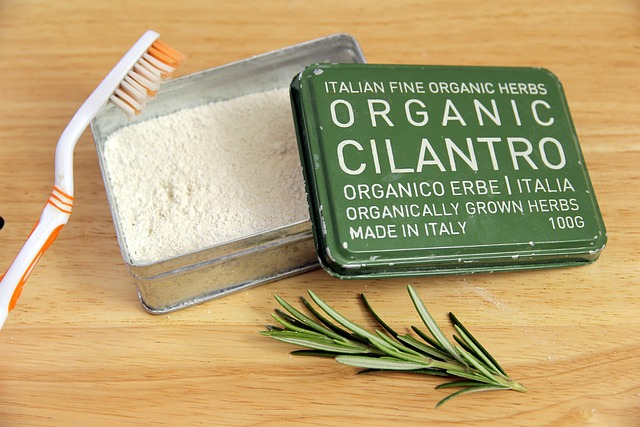
Choosing the right type of tooth powder depends on your individual needs and preferences.
Fluoride-free options are great for those who seek natural alternatives or have concerns about overexposure to fluoride. Ayurvedic tooth powders offer a different approach to dental care and may have additional benefits beyond the mouth.
Herbal tooth powders provide an alternative for those seeking natural plant-based ingredients for their oral health or have sensitive teeth.
Whichever option you choose, be sure to pay attention to the ingredients and use as directed by the manufacturer or your dentist's recommendation.
Cautions and Side Effects of Using Tooth Powder:
Abrasive nature of some ingredients may damage enamel:
Tooth powders are known for their abrasive properties which can remove surface stains from teeth. However, some ingredients used in tooth powders, such as baking soda and activated charcoal, are extremely abrasive and can strip away the enamel. Enamel is the protective outer layer of the teeth that prevents tooth decay and cavities.
Once it's removed, it cannot be replaced naturally. Overuse of abrasive tooth powders can cause dentin hypersensitivity (a sharp pain when exposed to hot or cold).
If you're using a tooth powder with high abrasiveness, it's important to brush gently and not for more than twice a day. Also, make sure to use a soft-bristled toothbrush as this will help reduce the amount of pressure you apply on your teeth.
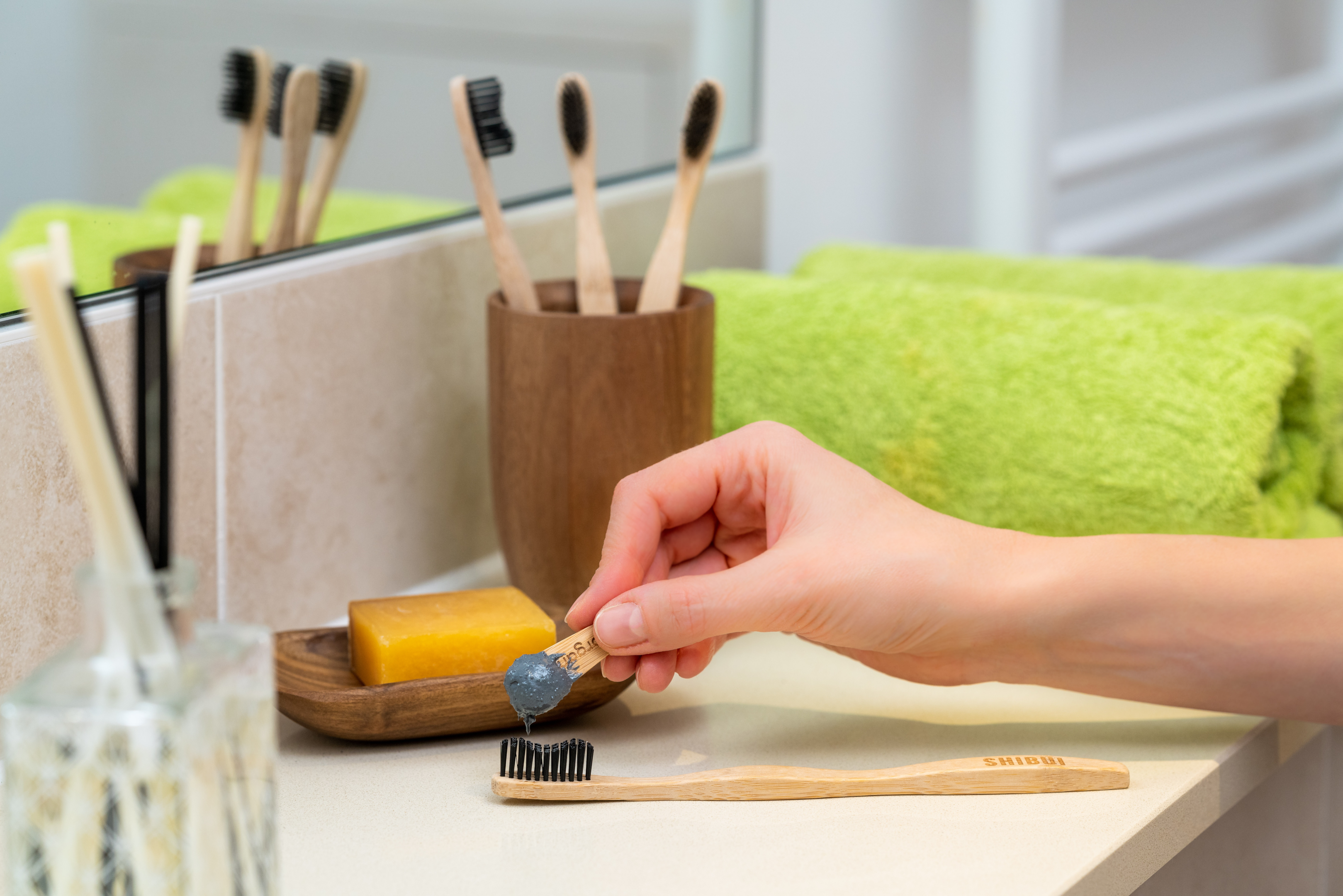
Allergic reactions to certain ingredients like essential oils:
Some people may be allergic to certain essential oils used in tooth powders such as peppermint oil or tea tree oil.
Allergic reaction symptoms are are but include a rash around the mouth or hives on other parts of the body after using the tooth powder.
If you experience any allergy symptoms while using a particular brand of tooth powder, discontinue its use immediately and check with your dentist or doctor for advice.
It's important to read labels carefully before purchasing any product containing essential oils if you have allergies.
Final Thoughts:
Tooth powders are an excellent alternative to traditional toothpaste because they contain natural ingredients that have oral health benefits.
However, they also come with some potential risks that need to be considered before use.
It's important to understand that excessive use of abrasive dental products like tooth powder can lead to enamel erosion and dentin hypersensitivity. When choosing a tooth powder brand, read labels carefully and make sure it doesn't contain ingredients you're allergic to.
If you experience any adverse reactions, discontinue using the product immediately and consult your dentist or doctor for advice.
Summary of Benefits:
Tooth powder is an effective alternative to traditional toothpaste that offers multiple benefits. Its natural ingredients like charcoal, baking soda, and essential oils provide a safe way to keep your teeth clean and healthy. Using tooth powder can help whiten teeth, freshen breath, reduce sensitivity, and promote oral health. Calcium carbonate can help to re-mineralize your teeth.
Always read the label carefully to ensure that you are comfortable with the ingredients used. Additionally, be sure to avoid brushing too hard or for too long when using tooth powder as this may lead to enamel damage.
Recommendation for Use:
Look for products that contain natural ingredients like charcoal or baking soda without any harsh additives or chemicals. To use tooth powder effectively, wet your toothbrush with water and dip the bristles into the powder.
Brush your teeth thoroughly for two minutes before rinsing with water. Be sure not to brush too hard or for too long as this may cause enamel damage over time.
The Future of Tooth Powder:
While there has been limited research done on the effectiveness of tooth powders compared to traditional toothpaste formulations, early studies have shown promising results. In future studies, researchers should investigate whether certain types of dental powders are more effective than others at preventing cavities and reducing bacteria in the mouth.
As more people seek out natural alternatives for their personal care products including dental care products like toothpaste alternatives, it is important for researchers to investigate the effectiveness of these alternatives. This will help us make more informed decisions about our oral hygiene methods and products.

